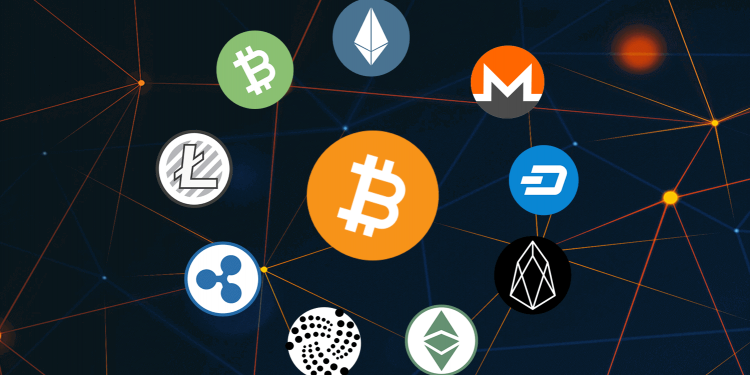Do you want to trade in cryptocurrency? Here are 9 crypto jargons that you need to understand.
New Delhi, India: Due to the dramatic growth of Bitcoin, the leading cryptocurrency, and several altcoins, many new retail investors have recently joined the crypto bandwagon. However, it has been noted that the majority of new investors are unfamiliar with the basic terminologies used in digital currency trading.
Before you invest, identify yourself with the following 9 crypto jargons:
1) Cryptocurrency:
Cryptocurrency is a digital currency in which transactions are validated and records are kept via a decentralised system that employs the cryptography methodology, which is a method of safeguarding data and communications through the use of codes. This is in contrast to legal tender, which keeps track of transactions through a central authority.
2) Bitcoin (BTC)
By far the world's first and most well-known cryptocurrency. It is also the world's most valuable cryptocurrency, with a market capitalization of over $900 billion. As of 2 p.m. on September 22, the price of bitcoin was hovering around $42,000. Earlier this year, though, the digital currency reached an all-time high of $64,778 per coin. The currency has gained 302 percent in the last year. On the peer-to-peer bitcoin network, bitcoin can be sent from one user to another without the use of intermediaries. All Bitcoin transactions are recorded in a public ledger, and copies are stored on servers all around the world.
3) Altcoin:
The phrase 'Altcoin' refers to a different type of cryptocurrency. When referring to any digital currency other than Bitcoin, the word is used. As a result, the term altcoin refers to a type of cryptocurrency that is not Bitcoin, such as Ethereum, Cardano, Solana, Avalanche, and Dogecoin.
4) Stablecoin:
Stablecoins are cryptocurrencies that try to tie their market value to anything outside of themselves. A cryptocurrency, fiat money, or exchange-traded commodities can be used as an external reference. It's a solution for individuals who are concerned about the volatility of Bitcoin and other cryptocurrencies.
5) Blockchain:
Blockchain is the technology that powers Bitcoin. It accumulates data in groupings, sometimes known as blocks, that contain sets of data. In layman's words, it's a method of storing data in such a way that it's difficult or impossible to alter, hack, or trick the system. A blockchain is essentially a digital log for transactions that is duplicated and distributed throughout the blockchain's complete network of computers.
6) Exchanges for Cryptocurrencies:
Digital currency exchanges are another name for them (DCE). Customers can trade cryptocurrencies or digital currencies for other assets, such as fiat money or other digital currencies, on cryptocurrency exchanges. In lieu of digital currencies, these exchanges can accept a variety of payments, including credit card payments, wire transfers, and other kinds of payment. A cryptocurrency exchange, like a stock exchange, can serve as a market maker, taking the bid–ask spreads as a transaction compensation for the service it provides or just charging fees.
7) Cryptocurrency Wallet:
Crypto wallets contain your digital asset private keys and passwords, keeping them safe and accessible. You may also transmit, receive, and spend bitcoins with them. They are available in a variety of formats, ranging from hardware wallets like the Ledger to smartphone apps. A crypto wallet seeks to make using cryptocurrency as simple as using a credit card to shop online.
8) Mining:
It is the process of producing fresh cryptocurrency by the solution of a computational puzzle. Cryptocurrencies have no physical form; there are no coined coins or financial notes, for example. Cryptocurrencies are mined using a virtual ‘mining rig,' which consists of a combination of hardware and software created by expert developers. Surprisingly, the majority of Bitcoin mining takes place in China.
9) Fork:
A ‘Fork' occurs when a blockchain user makes changes to the rules. These alterations to a blockchain's protocol could lead to two different routes. The most recent well-known fork was Ethereum's London Hard Fork, which occurred in early August 2021.

